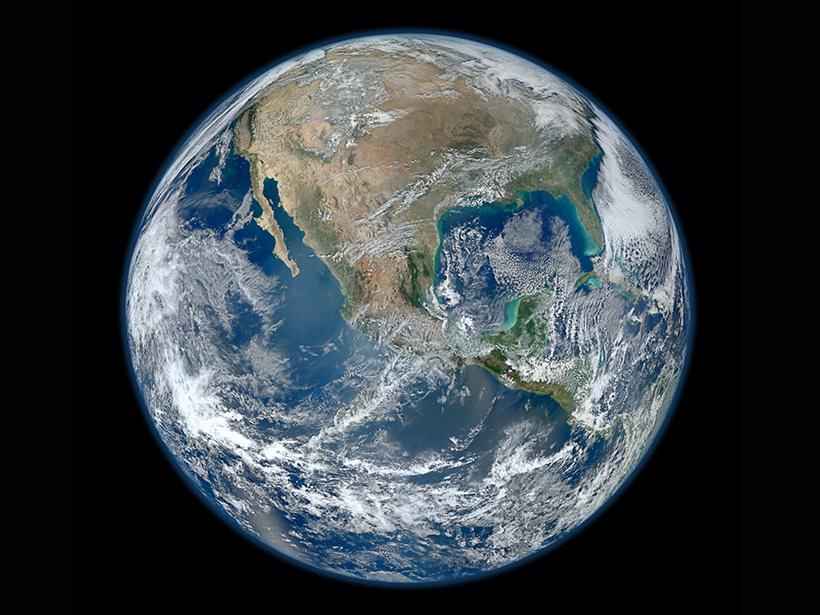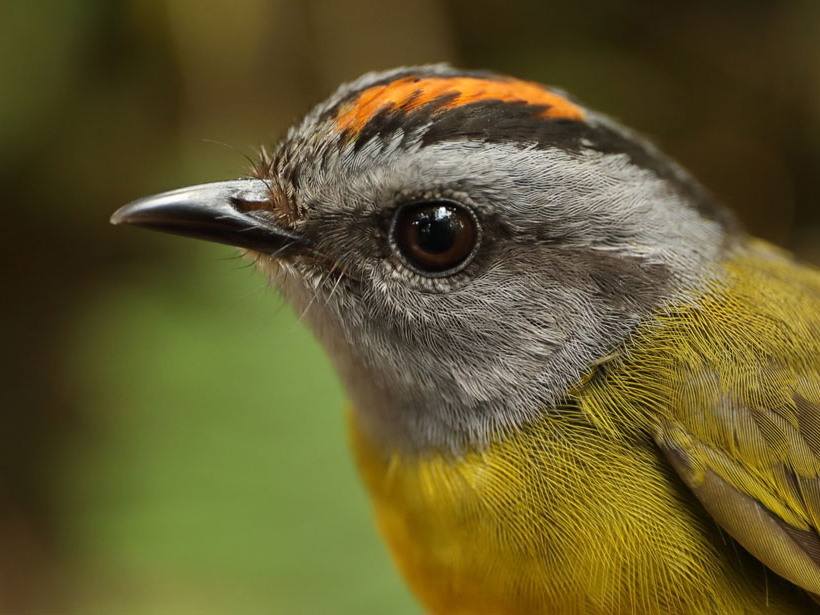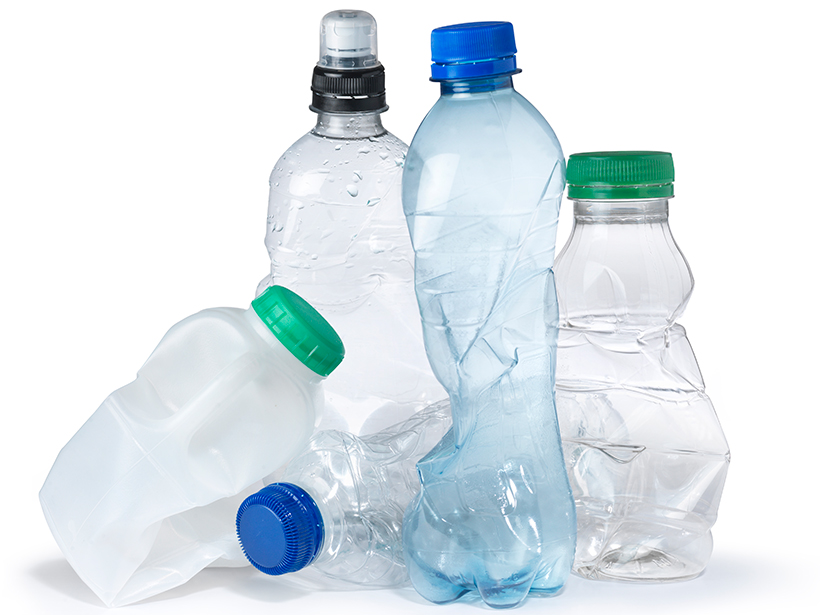The flyby of Ultima Thule on New Year’s Day will give us our first glimpse of a mysterious Kuiper Belt object.
Jenessa Duncombe
Jenessa Duncombe, a News and Features Writer for Eos, joined the team in 2018. She graduated with her master’s degree in physical oceanography from Oregon State University in 2017 and subsequently worked as a freelance writer on research ships. Jenessa first interned with Eos, became the team’s first fellow in May 2019, and joined the staff permanently in March 2020.
Lessons Learned from Kīlauea Eruption’s Media Frenzy
The Kīlauea eruption earlier this year unleashed a media bonanza. Here are nine tips about how to debunk geohazard misinformation in real time from a scientist frequently tapped for expert comments.
Google Trends Could Help Scientists Track Allergy Season
Admit it: When your nose starts to run and your eyes itch, you search Google, too.
Meet IceWorm: NASA’s New Ice-Climbing Robot
A robot that can inch up icy surfaces may help scientists reach new heights in some of Earth’s most dangerous and remote landscapes.
Neanderthals Likely Ate Rotten Meat
Neanderthals have long been painted as meat-eating machines. But could a new look at a dietary proxy and how it changes when meat rots uncover insights into what these extinct hominids really ate?
Tracing the Path of Carbon in North America
A team of more than 200 scientists released a decade-long look at how carbon weaves through Earth’s air, soil, water, and plants. Here are nine key takeaways from their report.
Fish Continued to Spawn as Hurricane Harvey Swirled Overhead
Spotted seatrout, one of the most popular fish to catch on the shores of Texas, carried on their nightly baby-making ritual despite the havoc of a category 4 storm above.
Dive into Stunning Sea-Inspired Art
Every year, children from around the world craft unique pieces of art showcasing species found in Massachusetts’s Stellwagen Bank National Marine Sanctuary. Take a dip underwater with these marine masterpieces.
Peruvian Mountain Birds Take an “Escalator to Extinction”
As the climate warms, tropical birds living in the mountains are retreating to higher elevations to avoid the heat. What happens when they run out of mountain slope to escape to?
Microplastics Found in Human Stool
Tiny slivers of plastic are making it all the way into humans’ guts and into their feces, a new study shows.










